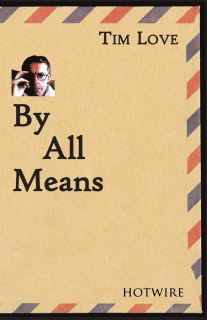Over the years I've been writing, the UK short-story magazine market's dried up and Flash has emerged. The remaining outlets/competitions often have word-limits of about 2000. My drafts come out shorter than they used to. I've not written a 3000 word story for years - what's the point if no-one takes them and hence they're not read? If you're famous or you publish short-story collections maybe you're ok, but I'm maxing out at about 2500 words nowadays.
I know my experiences are far from universal. For example, the Missouri Review's guidelines say "While there are no length restrictions, novella-length manuscripts (i.e., 30,000 words or more) or “flash fiction” manuscripts (i.e., 2,000 words or less) must be truly exceptional to be published". Eh? 2000 word Flash?? I think even 1500 is too long for Flash. The Bridport Prize Flash limit's 250 words. Their word limit for stories is 5000. They have no minimum, but the Wells festival competition does - they want stories in the 1800-2200 range. Short story limits can be less than that though - I entered a story competition recently (not advertised as Flash) where the maximum was 1200 words.
E-magazines don't have the cost of paper to worry about, so you might think that they'd have longer stories. There used to be a feeling that online pieces have to be short to suit online reading habits. I suspect these habits are changing, but E-magazines haven't yet had the time to establish themselves as prestige sites, so the best stories whatever their length tend not to go online (or if they do, they're under-appreciated. In the US, though magazines like TriQuarterly have become online-only, online magazines aren't not considered for the O. Henry prize. They're beginning to be recognized by the Pushcart Anthology).
Of course, I'll continue to write stories without regard to word-count, but however much I claim to let my pieces reach their natural length, I have to worry about word-count when I send pieces off, and it wouldn't surprise me if market forces have affected my notion of what "natural" is.
 My story collection "By All Means" (ISBN 978-0-9570984-9-7), published by Nine Arches Press, is on sale from
My story collection "By All Means" (ISBN 978-0-9570984-9-7), published by Nine Arches Press, is on sale from  My poetry pamphlet "Moving Parts" (ISBN 978-1-905939-59-6) is out now, on sale at the
My poetry pamphlet "Moving Parts" (ISBN 978-1-905939-59-6) is out now, on sale at the 